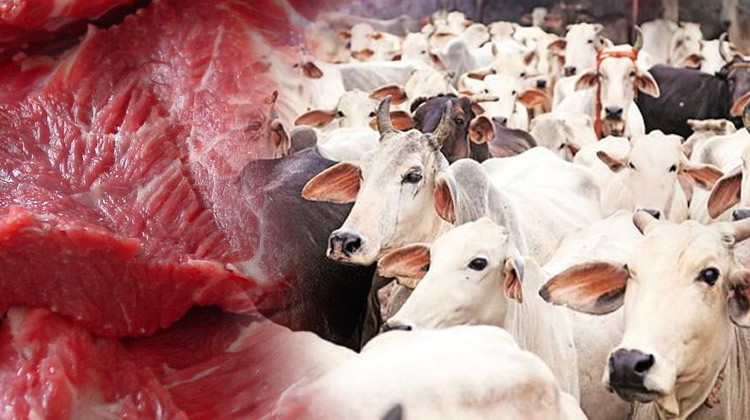The escalating issue of stray cattle in Kumasi, Ghana, has prompted a stern ultimatum from Mayor Richard Boadi. Effective May 1st, any cattle found wandering within the city limits will be confiscated and slaughtered, with the meat subsequently provided to inmates at the Kumasi Central Prison. This decisive action aims to address the persistent problem of free-roaming cattle disrupting public life and sullying the city’s image. Mayor Boadi emphasized the unacceptability of this situation, particularly along the prominent route from the airport to Manhyia Palace, a key thoroughfare frequently traversed by visitors. He stressed the importance of maintaining a clean and presentable city, free from the nuisance and unsanitary conditions created by stray animals. This measure serves as a strong warning to cattle owners to ensure their animals are properly contained and prevented from wandering into the metropolis.
The mayor’s declaration reflects a growing frustration with the persistent presence of stray cattle in Kumasi. The animals not only pose a traffic hazard and disrupt daily activities but also contribute to unsanitary conditions through their droppings. This impacts the city’s aesthetic appeal and potentially poses health risks. The decision to cull the stray cattle and provide the meat to the Kumasi Central Prison serves a dual purpose: addressing the immediate problem of stray animals while also providing a source of protein for the prison population. This approach demonstrates a practical solution that seeks to maximize resource utilization while enforcing necessary regulations.
The chosen enforcement date of May 1st provides a clear deadline for cattle owners to take necessary measures to confine their animals. This allows for a period of adjustment and provides ample opportunity for herders to comply with the new regulations. The explicit warning, coupled with the outlined consequences, underscores the seriousness of the issue and the city’s commitment to resolving it. This proactive approach aims to prevent further disruption and maintain a cleaner, more orderly urban environment.
The route from the airport to Manhyia Palace holds particular significance as it serves as a primary gateway for visitors arriving in Kumasi. The mayor specifically highlighted this area, emphasizing the importance of presenting a positive first impression to guests. The presence of stray cattle and their associated droppings along this route detracts from the city’s image and creates an unwelcome sight for visitors. The mayor’s focus on this area underscores the commitment to enhancing the city’s aesthetic appeal and ensuring a pleasant experience for those arriving in Kumasi.
The decision to slaughter stray cattle and provide the meat to the Kumasi Central Prison represents a pragmatic approach to addressing the issue. While some may view this measure as harsh, it offers a practical solution that simultaneously tackles the problem of stray animals and provides a valuable resource to the prison. This action also sends a clear message to cattle owners about the seriousness of the situation and the city’s commitment to enforcing the new regulations. The chosen course of action aims to achieve both immediate and long-term improvements in managing stray animals and maintaining a cleaner urban environment.
The mayor’s strong stance on this issue reflects a broader concern for the well-being and image of Kumasi. By taking decisive action, the city aims to create a more pleasant and sanitary environment for its residents and visitors. The ultimatum issued to cattle owners serves as a crucial step towards achieving this goal, promoting responsible animal ownership and contributing to a more orderly and aesthetically pleasing urban landscape. The implementation of this policy will be closely monitored, and its effectiveness in addressing the stray cattle problem will be evaluated in due course.


